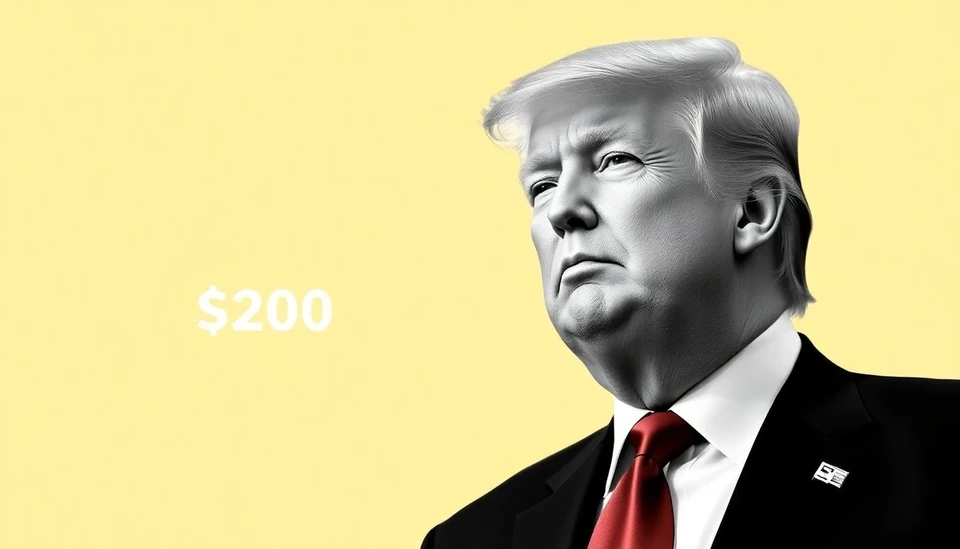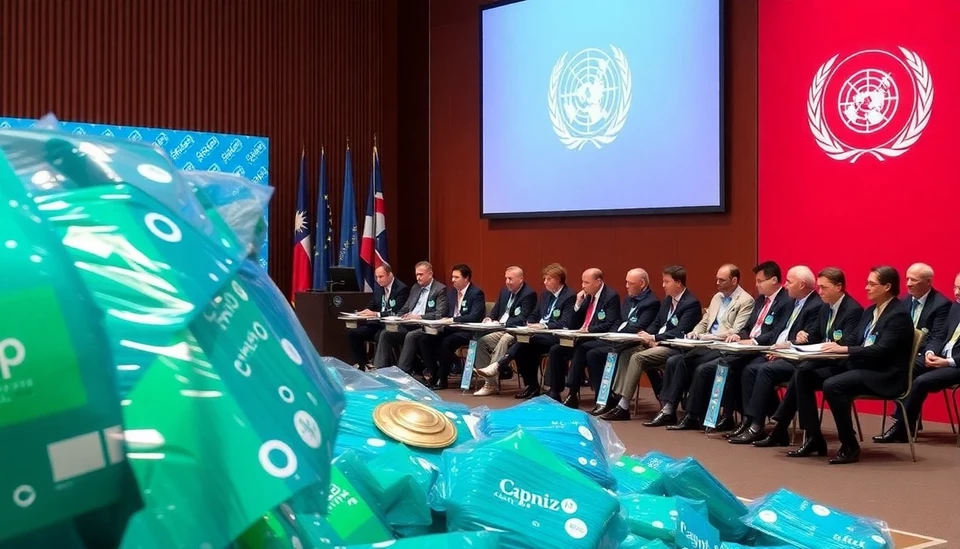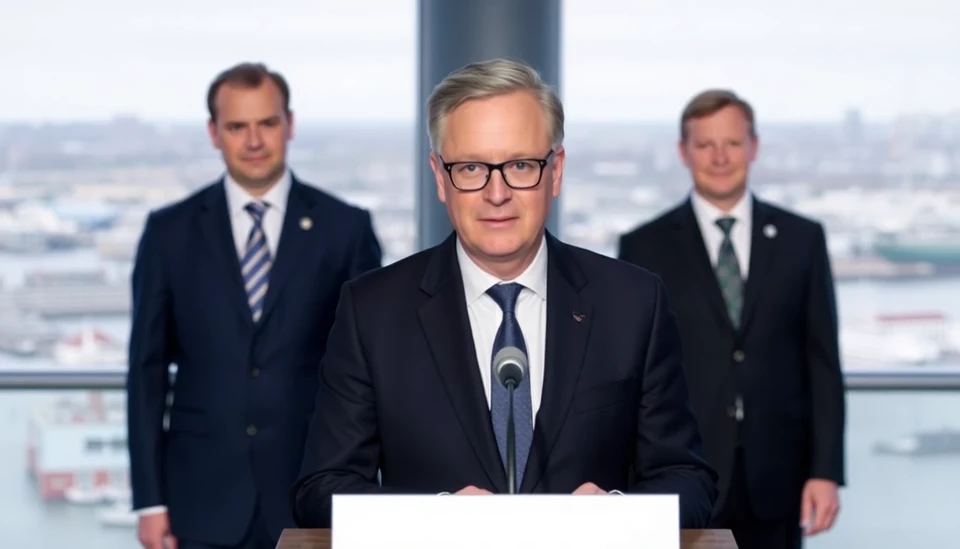
During the recently held COP29 climate summit, a remarkable turn of events unfolded as participating nations began committing to significant financial pledges aimed at addressing the global climate crisis. However, an intriguing detail emerged – many of these pledges revolve around private financial mechanisms that the countries themselves do not directly control. This juxtaposition raises pivotal questions about the effectiveness and accountability of these initiatives in the long-term battle against climate change.
The conference, taking place in Dubai, brought together a multitude of stakeholders from governments, businesses, and civil society. Amidst the discussions of innovative solutions and green technologies, countries outlined their financial pledges to bolster climate resilience and ongoing sustainability projects. Yet, a prominent theme resonated throughout the summit: the reliance on private finance to fulfill these ambitious commitments.
Various nations expressed their intentions to increase private investments in renewable energy projects, infrastructure upgrades, and sustainable agriculture. However, experts caution that while private sector involvement is crucial, relying heavily on it could pose challenges. The control, transparency, and direction of these funds often lie beyond governmental reach, complicating efforts to ensure that resources align effectively with national and global climate targets.
One of the significant announcements came from major economies like the United States and members of the European Union, who pledged substantial sums to facilitate private investments in climate adaptation strategies across developing nations. These initiatives aim to address the urgent needs of countries facing unprecedented climate threats, such as flooding, droughts, and severe weather events. Nonetheless, there is a palpable concern about whether these financial inputs will be sufficient or well-directed without robust oversight and regulatory frameworks.
Environmental advocates have voiced skepticism, urging nations to focus on direct public funding mechanisms. They argue that the unpredictability of private finance, which often prioritizes short-term gains over long-term sustainability, could undermine the efforts being made. With governments operating in a volatile economic climate, the challenge lies in ensuring that these private investments lead to equitable and meaningful climate action.
Another layer of complexity arises from the potential conflicts of interest that may surface in such financial partnerships. While the engagement of private entities can accelerate funding flows, it may simultaneously introduce pressures that prioritize profit margins over ecological integrity and social equity. Critics stress the importance of putting in place safeguards that ensure environmental criteria are met and that local communities benefit from the initiatives financed through these means.
Decision-makers at COP29 face an uphill battle in reconciling these challenges. The summit provided a platform for sharing best practices, highlighting successful case studies, and fostering collaborations that could drive more effective use of private capital in aligning with climate goals. The implication is clear: for these financial pledges to translate into real-world impacts, countries must navigate the complex dynamics of public-private partnerships thoughtfully and responsibly.
As COP29 progresses, it remains to be seen how countries will balance these financial pledges with the necessity for direct accountability and control over climate action funding. The path toward a sustainable future not only requires significant financial contributions but also an unwavering commitment to transparency, inclusivity, and long-term planning. The discourse at COP29 serves as a critical reminder of the urgent need for a unified global approach to finance in the fight against climate change.
In conclusion, the commitments made at COP29 signal a critical moment in the ongoing global climate discussions. Countries are poised to leverage private finance in ways that could enhance climate resilience, yet they must tread carefully to ensure that these initiatives are both effective and equitable. The road ahead will demand rigorous scrutiny, innovative regulatory measures, and a steadfast commitment to global cooperation.
#COP29 #ClimateAction #PrivateFinance #Sustainability #ClimateCrisis #GlobalCooperation #RenewableEnergy #ClimatePledges
Author: Megan Clarke




